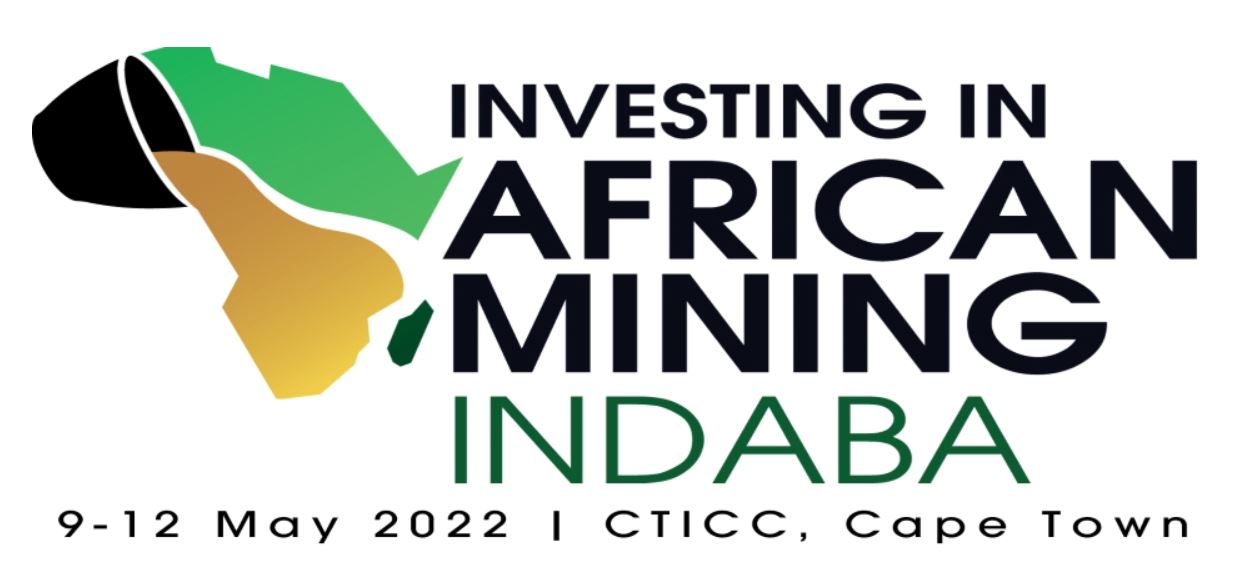Officials of the Ghana Integrated Iron and Steel Development Corporation ( GIISDEC) were at the 2022 Mining Indaba Conference in South Africa to promote investment for the development of Ghana’s iron and steel.
AMN News chanced on Australian based Mining Consultant and Mineral Economist, Henry Antwi, and got him to comment on GIISDEC’s campaign to woo investors at INDABA.
Henry Antwi previously worked for BHP Iron Ore in Australia and later as Iron Ore Analyst and Resident Mining Engineer with AME Mineral Economics during his mining career. He reiterated that it is laudable to promote Ghana’s mineral and metal potential at international conferences. However, he advises that GIISDEC needs to get back to the drawing board and first re-evaluate its strategy in order to secure good commercial terms for Ghana.
Citing the strategy used in another province, he advised government to engage the services of a Competent/Qualified Person in iron ore exploration and geological resource estimation to lead the exploration campaign for GISSDEC. Such a Competent/Qualified Person should move Ghana’s iron ore potential to a minimum of Indicated Resource under JORC, SAMREC, or any of the internationally accepted codes. He emphasized that getting the resource to Indicated category and complying to an international quality assurance and quality control standard will engender confidence in investors. Getting resource estimated under an internationally accepted code, by a competent person, is also a corporate disclosure requirement should public listing be considered for raising capital. It will also ensure that prefeasibility studies are completed to determine the economic and technical viability, coupled with a better understanding of the quality and contaminant levels of the iron ore, and to determine the ideal route for value addition. Once this is established with transparency and corporate governance principles, GIISDEC can then develop information memorandum to potential local and international investors to tender on a competitive basis. It will then allow government to dictate the transaction terms, having de-risked the project, and this will ensure a reasonable entry fee payment by the Joint Venture Partner.
Citing experience executing a similar transaction for another Province, Henry Antwi indicated that it made more economic sense to develop the iron ore into pellets than the steel making route being considered. This was because the high capital cost and price of gas-based energy didn’t make steel making economically attractive compared with a pelletizing plant at the time of evaluation. However, the capacity of the pelletizing plant could be easily expanded to feed both international and domestic steel making plants when the economics make it justifiable for a domestic plant. He stressed that consideration be given to the capital requirements, quantum of gas and price, and the overall economics when deciding on a steel plant versus pelletizing plant at the initial stage and later addition of steel making using cashflow from the pellet plant as part of the funding strategy for the steel plant.
Mr. Antwi stressed that iron ore beneficiation plant and steel making technologies should be assessed as part of the Prefeasibility study and the best technical and economic option taken through the Detailed Feasibility Stage with the Joint Venture Partners. He emphasized that the selected Joint Venture Partner should have a proven track record in iron and steel making to derive good returns for the country.
On a question posed by AMN News on what is the ideal economic returns, he stated that it depends on the country’s strategy. If job creation, technology transfer and skilling up local workforce are the centre piece of government’s strategy then it can afford to subsidize the gas price to make the project economically robust. Citing his experience in a transaction, he said “the host government subsidized the gas price but ensured that it received a certain minimum dividend threshold regardless of the production output and profitability of the operation. It was one of the investments you can sleep and know that you will get your yearly dividends because you have a strong operating partner and the right technology to deliver for stakeholders. The operating partner leveraged its expertise and track record to guarantee the government a minimum investment return in addition to increasing the return if they exceeded the agreed production target. It was a win – win for the government and the Joint Venture partner”, he said.
Mr. Antwi said he has spoken with Ghanaian experts in iron and steel development based in Australia who may be willing to assist GIISDEC but more importantly he advised GIISDEC to source the right expertise whether local or foreign to get the fundamentals right.
In response to a question on the ideal capacity for such a plant, Mr Antwi responded that “the economics of various capacities should be assessed at the Prefeasibility study and the ideal capacity selected for detailed feasibility”. “At the Prefeasibility study stage, you evaluate options”, he added.
He stressed that during the evaluation, the cost structure should be plotted on the commodity global cost curve to determine the project’s competitiveness on the international market. He advised GIISDEC to target first to second quartile to ensure that the project can withstand the fluctuations associated with commodity prices.

